Introduction
The Breeder Feeding Equipment is a modern, automated feeding solution specifically engineered for poultry breeder farms, including broiler breeders, layer breeders, and parent stock operations. Its main purpose is to provide precise, efficient, and hygienic feed distribution for both male and female breeders. By ensuring each bird receives the correct amount of feed, the system supports optimal reproductive performance, uniform body weight, and overall flock health.
Traditional manual feeding methods often lead to feed waste, uneven growth, and high labor costs. In contrast, breeder feeding equipment utilizes automated chain or pan feeding mechanisms to guarantee accurate feed allocation and consistent feeding schedules. The system helps breeders maintain ideal body weights, which directly influences fertility, hatchability, and egg production.
Built with advanced technology, high-quality materials, and intelligent control systems, breeder feeding equipment is a cornerstone of precision poultry farming. It integrates seamlessly with other farm automation systems, such as egg collection, ventilation, and lighting control, creating a fully optimized environment for breeder management.
Whether for new installations or upgrades of existing farms, adopting an automated breeder feeding system ensures improved efficiency, reduced operational costs, and enhanced production results.
Technical Parameters
System Type | Automatic Breeder Feeding Equipment |
Application | Broiler Breeders, Layer Breeders, Parent Stock |
Feed Delivery Method | Chain Feeding / Pan Feeding System |
Feed Distribution Speed | 36 – 60 m/min (adjustable) |
Drive Motor Power | 0.75 kW – 1.5 kW |
Feed Hopper Capacity | 100 – 200 kg |
Feed Type Supported | Mash, Crumble, Pellet |
Material | Hot-dip galvanized steel, stainless steel, UV-resistant plastic |
Feed Line Length | Customizable (30 – 120 meters or more) |
Feeding Mode | Manual or Automatic via Timer/PLC |
Feed Chain Type | Galvanized steel chain / Nylon chain |
Control System | Electronic timer, PLC, or remote control |
Power Supply | 220V / 380V, 50/60Hz |
Optional Components | Feed silo, chain tensioner, drive corner, feed sensor, pan line, feed level indicator |
Key Features
1. Accurate Feed Control
The breeder feeding equipment is designed to deliver the right amount of feed to each bird. This prevents overfeeding and underfeeding, ensuring uniform growth and maintaining ideal body condition.
2. Separate Male and Female Feeding Lines
Breeder farms often need to feed males and females differently. This equipment can be configured with dual feeding systems to ensure males and females receive different feed formulas or quantities.
3. Fully Automated Operation
Automated feeding control allows scheduled feeding at specific times each day. With programmable settings, feed distribution occurs consistently without human intervention.
4. Robust and Long-lasting Structure
All key components are made from hot-dip galvanized steel and stainless steel, providing excellent resistance to rust and corrosion. The sturdy design ensures stable performance over long-term operation.
5. Uniform Feed Distribution
The system maintains even feed levels throughout the entire house, guaranteeing all birds—regardless of position—have equal access to feed. This promotes balanced growth and reduces competition among breeders.
6. Hygienic and Clean Feeding
The enclosed feed delivery system protects feed from dust, moisture, and rodent contamination, maintaining optimal feed hygiene and safety.
7. Adjustable Feed Height
Feed troughs or pans can be adjusted in height according to bird age and size, making the system adaptable for different growth stages.
8. Easy Installation and Maintenance
The modular design allows for fast installation, and its open-access structure simplifies cleaning, chain tensioning, and part replacement.
9. Integration with Smart Farm Systems
This equipment can connect with automatic egg collection systems, climate control systems, and feeding data sensors, offering complete digital farm management.
10. Energy-efficient and Quiet Operation
The system uses low-power motors and smooth mechanical components, ensuring minimal noise and power consumption while maintaining high efficiency.
Advantages
1. Enhanced Production Efficiency
Precise feed control ensures each breeder receives proper nutrition, leading to consistent body weight, higher fertility rates, and improved egg quality.
2. Labor Cost Reduction
Automation significantly reduces the need for manual labor. One worker can manage multiple breeder houses, cutting operational costs and improving efficiency.
3. Better Flock Uniformity
Uniform feed distribution means that all birds grow at a similar rate. Consistent body weights are critical for maintaining good reproductive performance.
4. Feed Waste Reduction
The system minimizes spillage and prevents birds from overfeeding, saving up to 10–15% of feed costs compared to manual methods.
5. Healthier and Happier Birds
Regular and controlled feeding reduces competition, stress, and aggressive behavior among breeders, promoting overall flock welfare.
6. Long Service Life
Thanks to corrosion-resistant materials and strong mechanical design, breeder feeding equipment can operate reliably for 10–15 years or longer with minimal maintenance.
7. Improved Biosecurity
By keeping feed enclosed and minimizing human contact, the system lowers contamination risks and disease spread.
8. Flexibility for Farm Layouts
The modular design allows for easy customization—ideal for various house dimensions, bird densities, and management styles.
9. Real-time Monitoring
When equipped with smart sensors, the system provides live feed usage data and operational feedback, allowing precise control from mobile or computer interfaces.
10. Environmentally Friendly
By optimizing energy use and reducing feed waste, the system contributes to sustainable poultry production and environmental conservation.
Application Scenarios
1. Broiler Breeder Farms
In broiler breeder operations, managing body weight is essential for fertility. The breeder feeding equipment ensures accurate feeding and prevents overweight or underweight conditions, leading to improved hatchability and mating efficiency.
2. Layer Breeder Houses
Layer breeders require consistent and accurate feed delivery to maintain high egg-laying rates and egg quality. Automated feeding provides uniform nutrition, stabilizing production and reducing fluctuations.
3. Parent Stock and Grandparent Farms
High-value breeder flocks need precise feed control to maintain reproductive health. The equipment ensures consistent feeding patterns, which are crucial for producing high-quality offspring.
4. Mixed-Sex Feeding Environments
The dual-line feeding setup separates feed for males and females. This prevents feed competition and supports the different nutritional needs of each gender.
5. Floor and Slat Systems
The breeder feeding equipment works effectively in floor-rearing and slatted-floor systems, offering flexibility in housing styles while maintaining uniform feed distribution.
6. Integration with Poultry Automation Systems
It connects seamlessly with feed silos, drinker lines, and environmental controllers, making it a key component of fully automated poultry management systems.
Usage Instructions
Step 1: Installation
Install feed silos or main hoppers at the start of the feeding line.
Connect feed distribution pipes, chains, or pans according to the poultry house layout.
Fix drive motors, corner units, and chain tensioners in place.
Ensure power and control wiring is properly connected.
Step 2: Calibration and Testing
Adjust the chain tension and feed level settings.
Run the system empty to ensure smooth chain movement.
Test feeding distribution with a small amount of feed to verify even delivery.
Step 3: Feeding Operation
Set feeding intervals using the timer or PLC control system.
Load feed into the silo or hopper.
Activate the system; the feed will automatically circulate through the feeding line.
Observe the distribution and ensure all feeders receive an equal amount.
Step 4: Routine Maintenance
Clean the feed troughs, pans, and chains weekly.
Lubricate moving parts monthly to reduce wear.
Inspect electrical and mechanical parts for any signs of malfunction.
Replace worn chains, bearings, or drive belts promptly.
Step 5: Safety and Monitoring
Always disconnect power before maintenance.
Monitor feed levels using feed sensors or manual checks.
Record feeding data regularly for performance tracking and management.
Frequently Asked Questions (FAQ)
Q1: What is breeder feeding equipment?
Breeder feeding equipment is an automated feeding system designed to distribute feed evenly and precisely in poultry breeder houses, ensuring optimal nutrition and flock uniformity.
Q2: What types of birds can use this system?
It is suitable for broiler breeders, layer breeders, and parent stock of chickens, as well as turkeys or ducks with customization.
Q3: What feed types can the system handle?
The system supports mash, crumbled, and pellet feeds, depending on breeder requirements.
Q4: How does it ensure accurate feeding?
Feed quantity is controlled by programmable settings or mechanical adjustments. The system evenly distributes feed along the chain or pan lines, providing each bird with the same portion.
Q5: Can male and female birds be fed separately?
Yes. Dual-line systems allow for male and female feeding separation, ensuring different feed compositions and portions for each group.
Q6: Is manual operation possible?
While the system is mainly automated, it can also be operated manually during testing or emergencies.
Q7: How often should maintenance be performed?
Basic inspection should be done weekly, with cleaning and lubrication performed regularly. Annual maintenance checks are recommended for optimal performance.
Q8: How long is the lifespan of breeder feeding equipment?
With proper maintenance, the system can last 10–15 years or more, depending on usage and environmental conditions.
Q9: Can the equipment integrate with existing farm systems?
Yes. It can connect to existing feed silos, control panels, drinker systems, and ventilation units for seamless automation.
Q10: What are the main advantages over manual feeding?
Automation ensures precision, reduces labor costs, prevents feed waste, improves hygiene, and maintains consistent feeding schedules.
Conclusion
The Breeder Feeding Equipment represents a vital step toward efficient, sustainable, and intelligent poultry breeding management. By automating feed delivery, it guarantees uniform nutrition, minimizes waste, and improves overall breeder performance.
Its durable construction, low maintenance requirements, and compatibility with other farm automation systems make it an indispensable tool for modern poultry farms. Whether you manage a small breeder unit or a large-scale parent stock operation, adopting an automated breeder feeding system leads to healthier birds, better egg production, and higher profitability.
In the competitive world of poultry farming, Breeder Feeding Equipment is not just an upgrade—it’s an investment in precision, productivity, and long-term success.
Company Profile
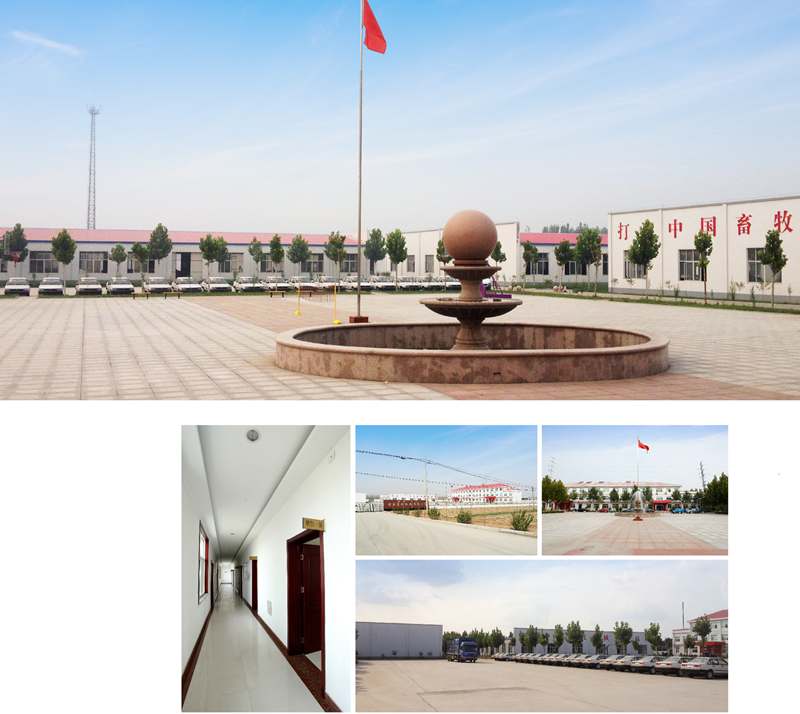
Shandong Huimin Qinle Livestock Machinery Co., Ltd. (formerly Shandong Huimin Qinle Livestock Machinery Factory) is a professional poultry equipment manufacturer with over 20 years of experience. We offer a comprehensive service package, from design (land and chicken coops), production (equipment and prefabricated steel coops), installation, commissioning, customer training, and after-sales service.
Located in Huimin County, Binzhou City, Shandong Province, China, the company has extensive experience in mechanical processing and manufacturing, as well as livestock machinery production and operation. With fixed assets of RMB 15 million, the company employs 160 people, including 30 R&D staff, and occupies a 40,000-square-meter factory. Equipped with over 110 pieces of advanced precision production equipment, including CNC machining centers and laser cutting machines, the company boasts a production capacity of RMB 50 million.
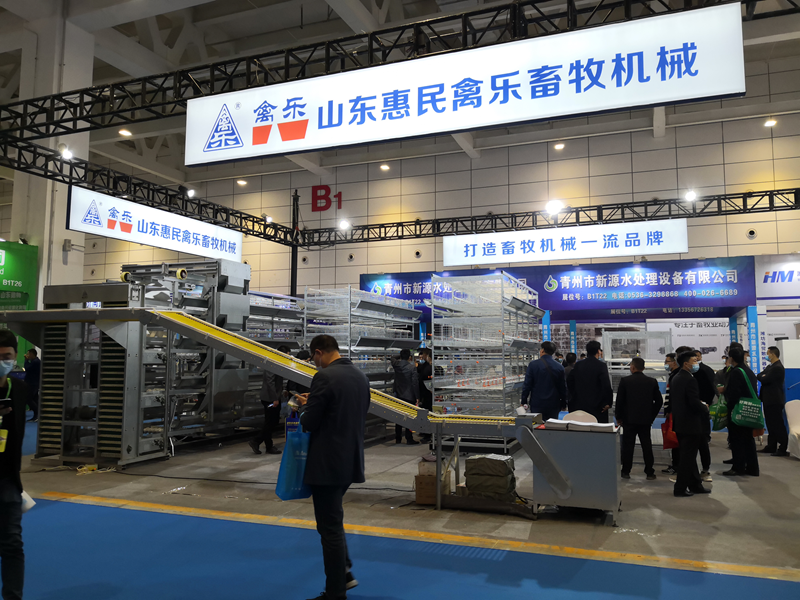
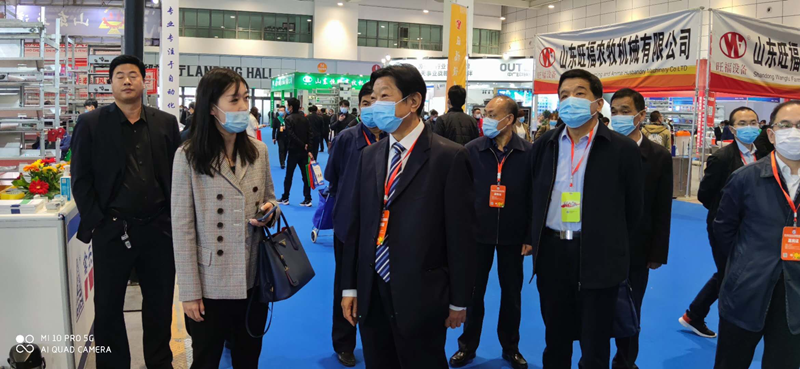
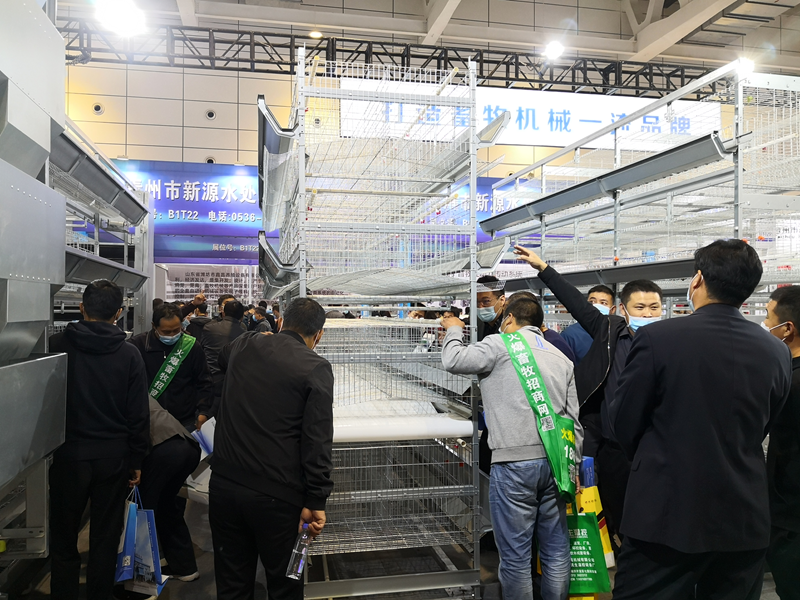
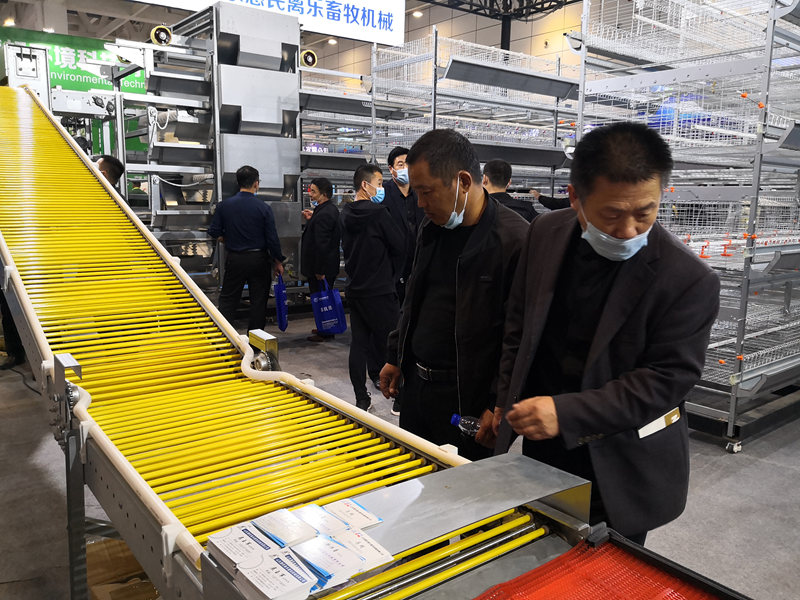
Chicken Farming Equipment Mesh Production Workshop

Machining Workshop
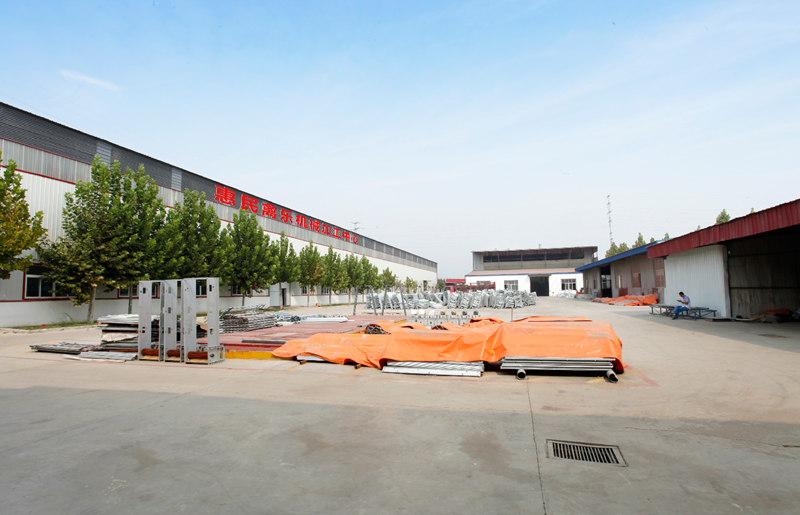
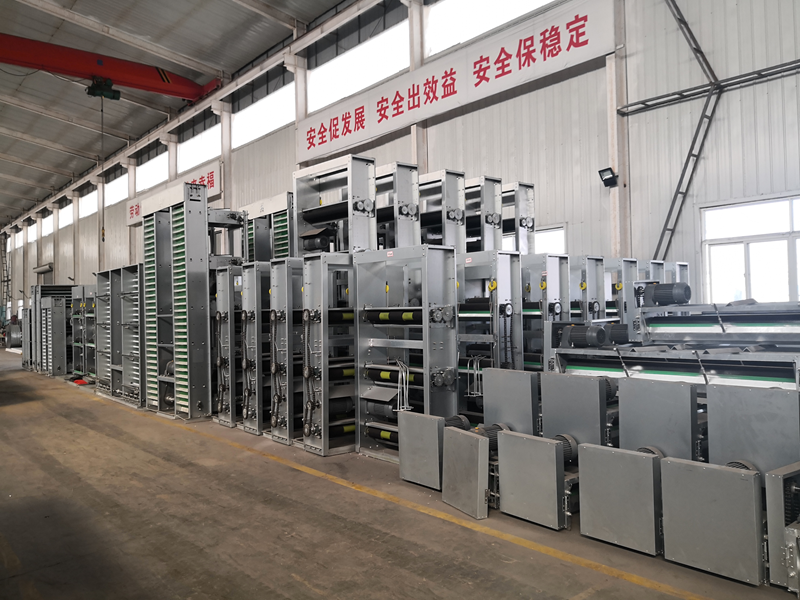
Turret-type CNC Punch Press, Laser Cutting and Other Machining Equipment
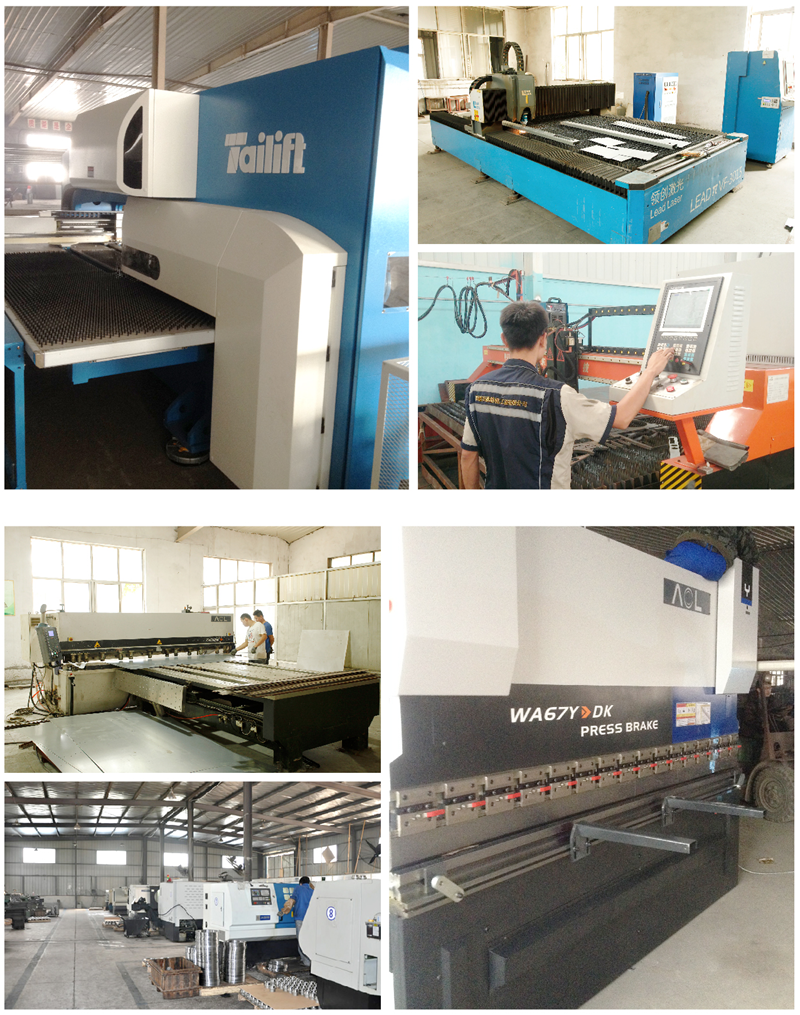
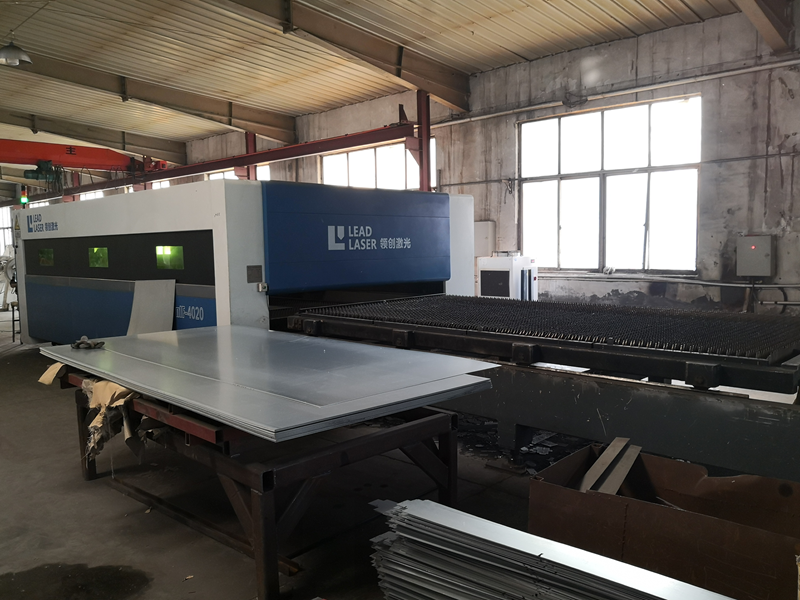

Fully Automated Roll Forming Production Line

Hot-dip Galvanizing Production Line

Electroplating Production Line
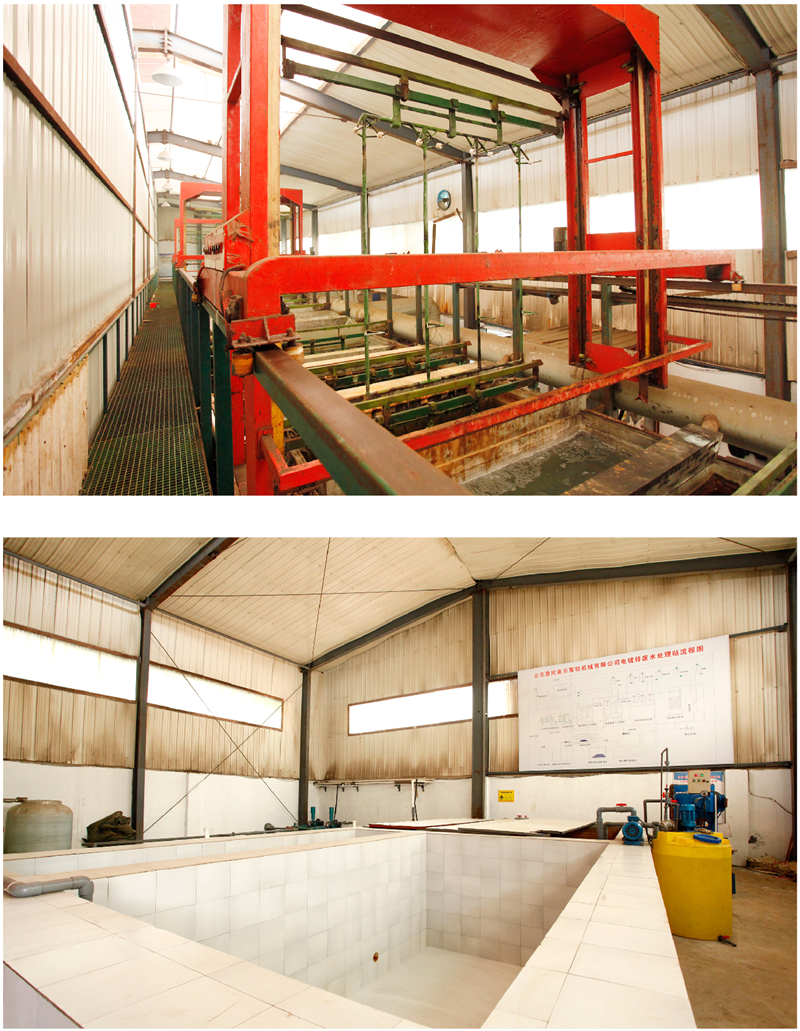
Environmental Protection Equipment
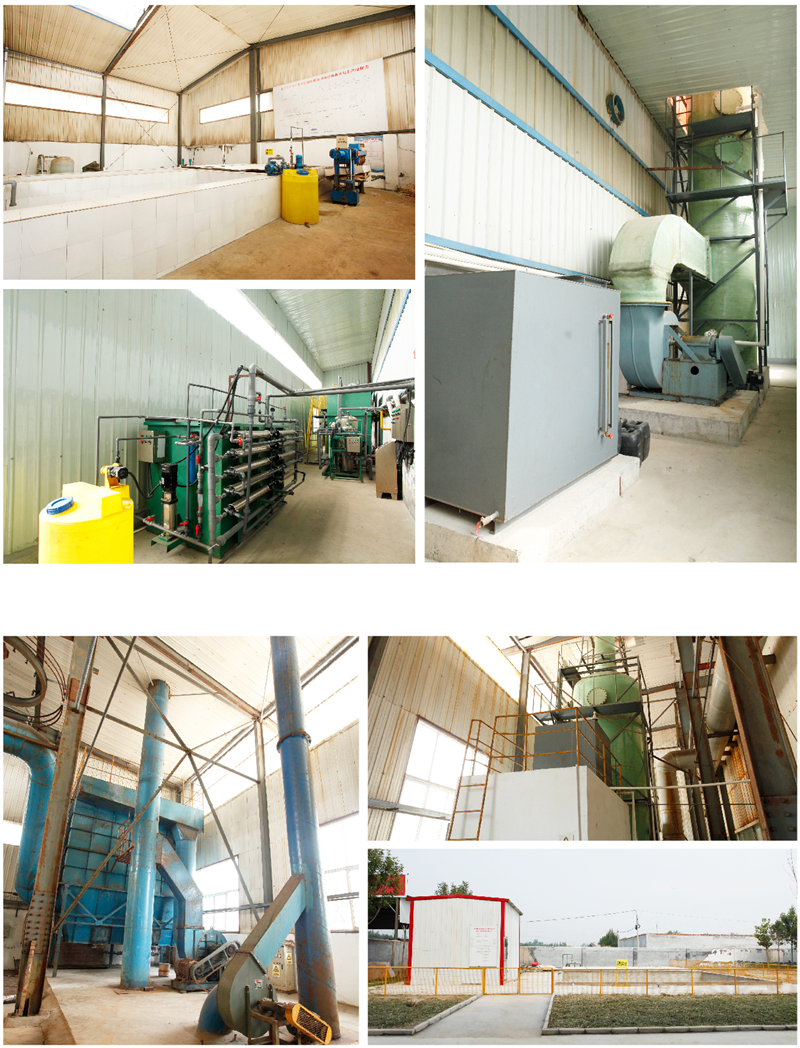
Chicken Farming Equipment Product Series
Egg-laying Hen Farming Equipment
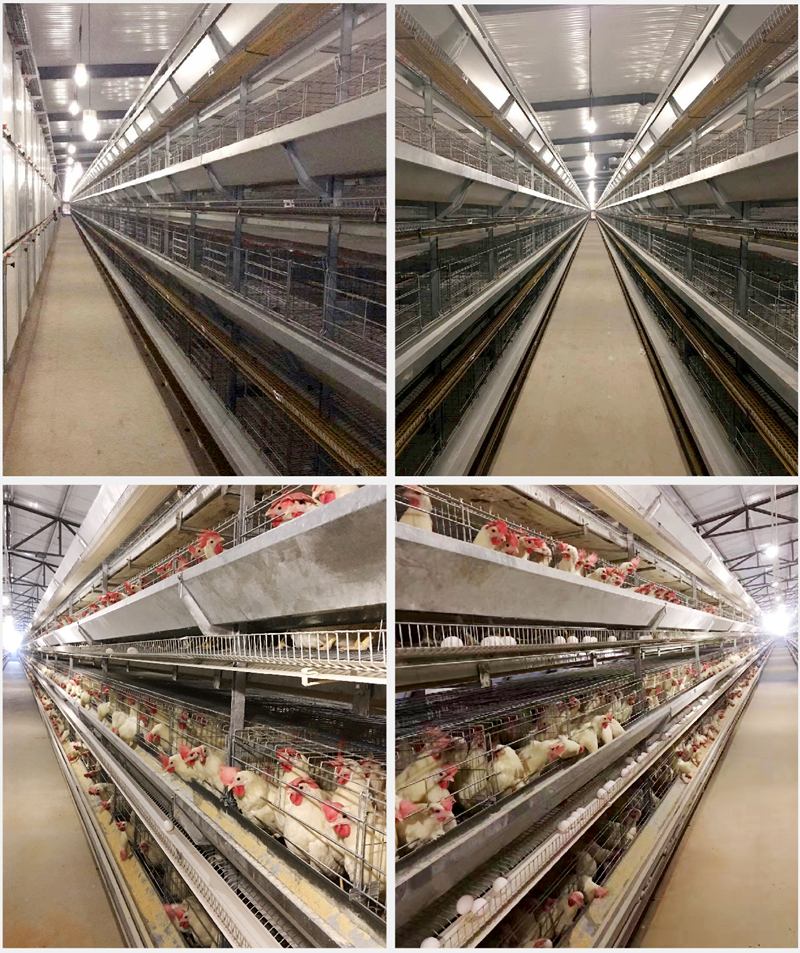
Stacked Brooding Cage Equipment

Stacked Broiler Cage Equipment
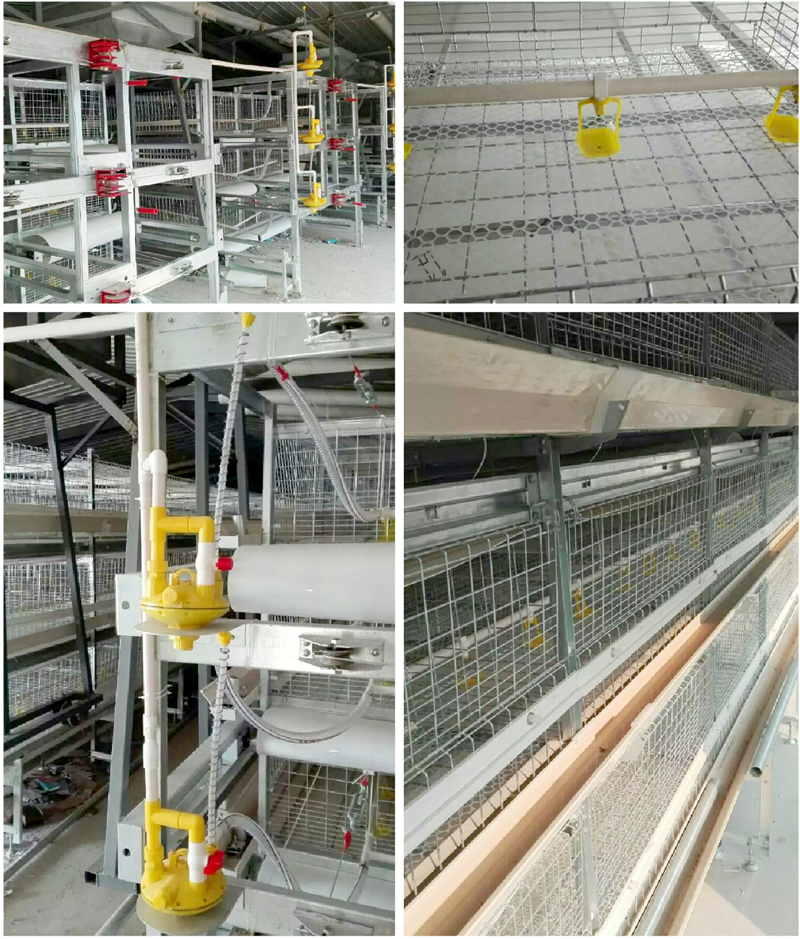
Stepped Layer Hen Cage Rearing Equipment
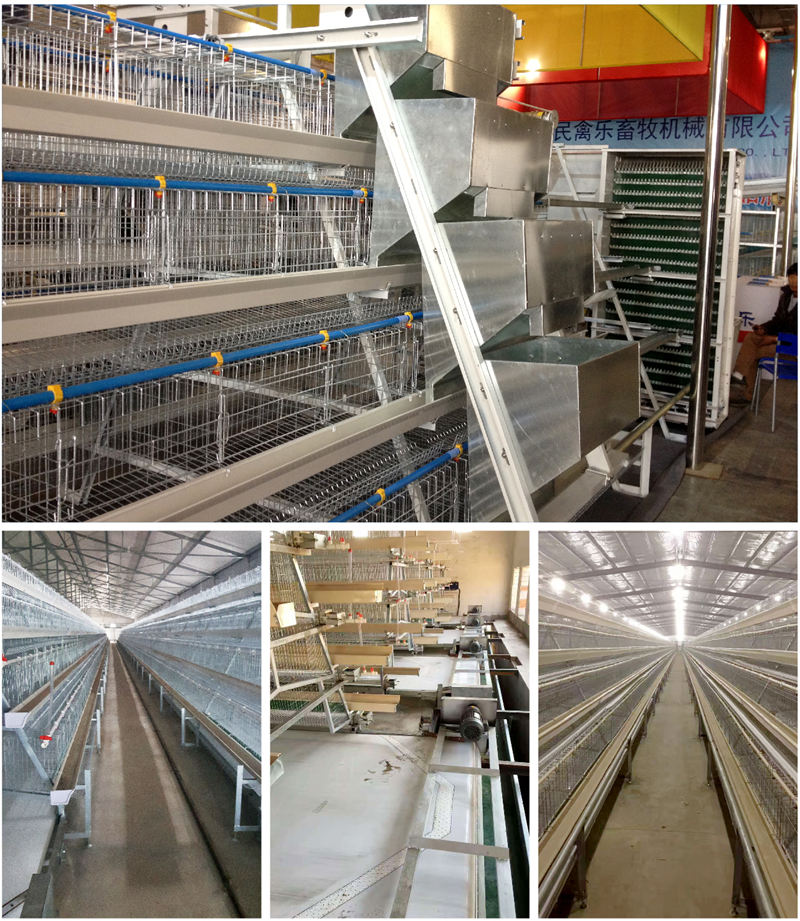
Automatic Egg Collection System
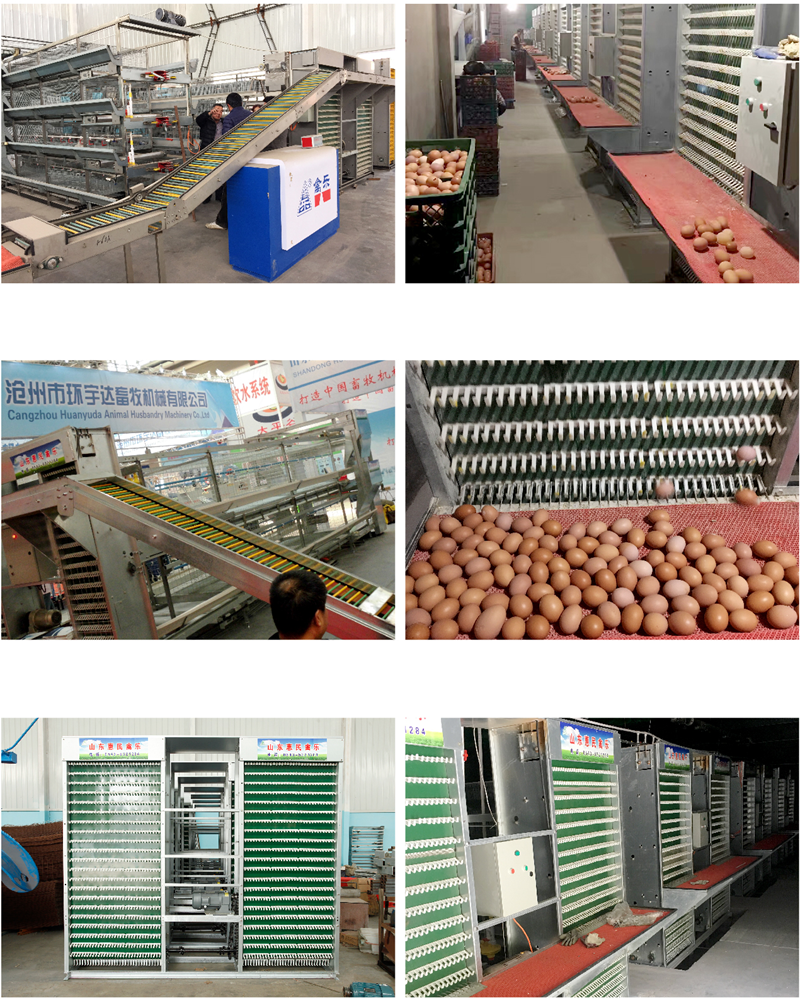
H-type Cage Feeding Machine
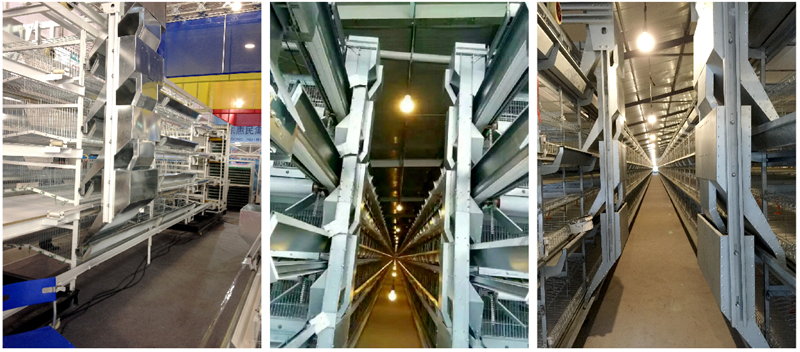
Stepped Cage Straddle Feeder
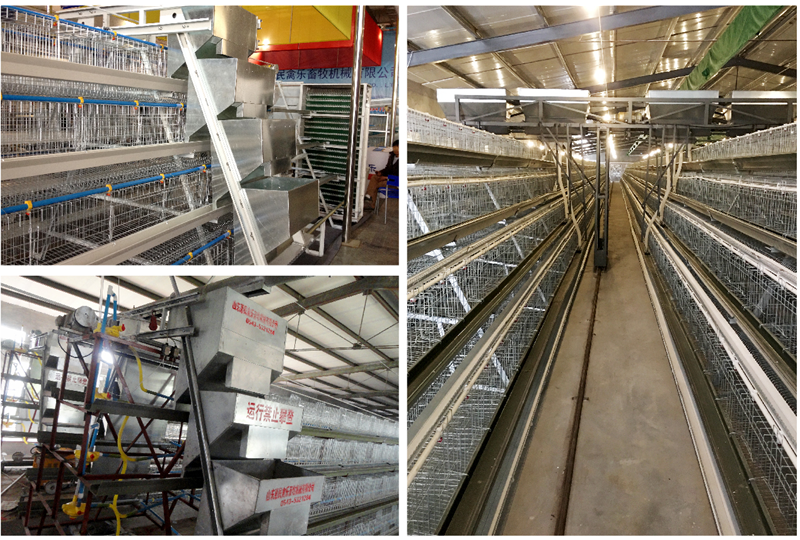
Manure Removal Machine
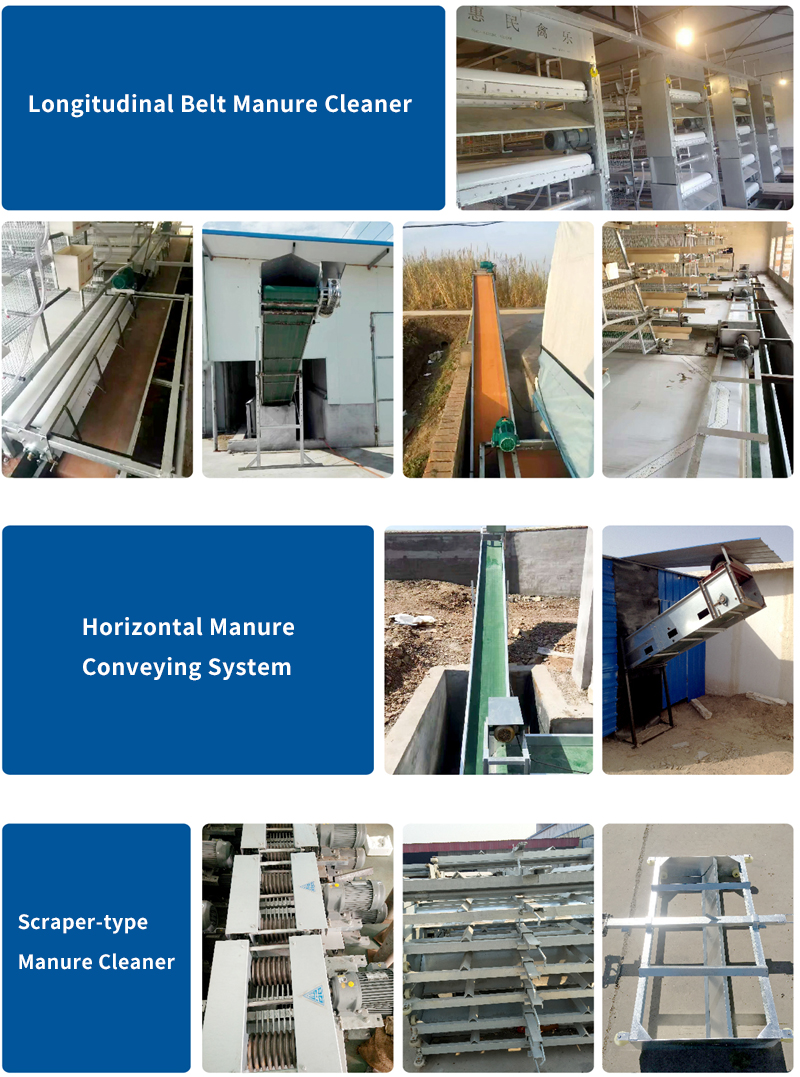
Fans, Heated Curtains, Environmental Control Systems, and Lighting Equipment
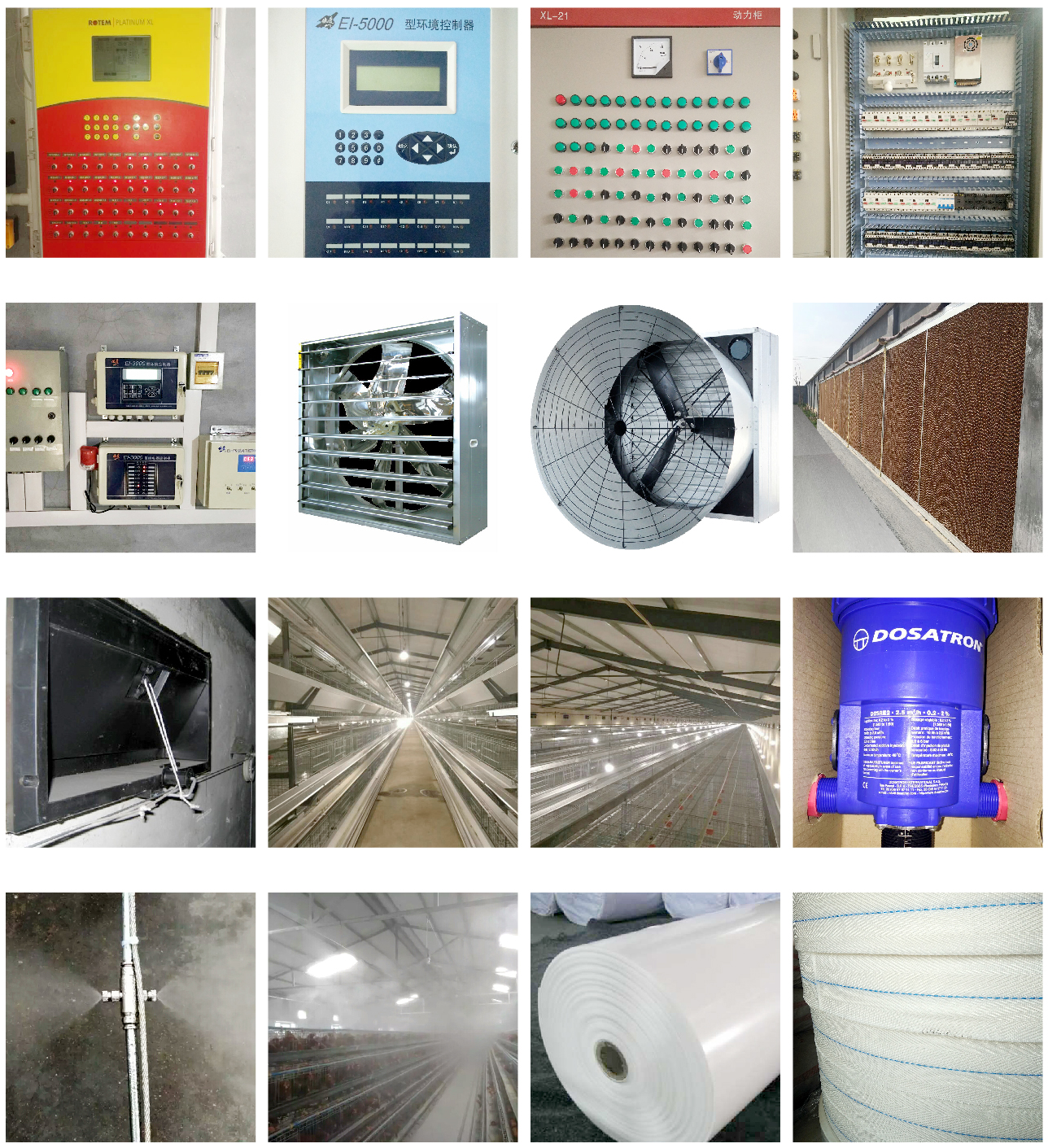
Complete Set of Equipment for Organic Fermentation Treatment of Manure
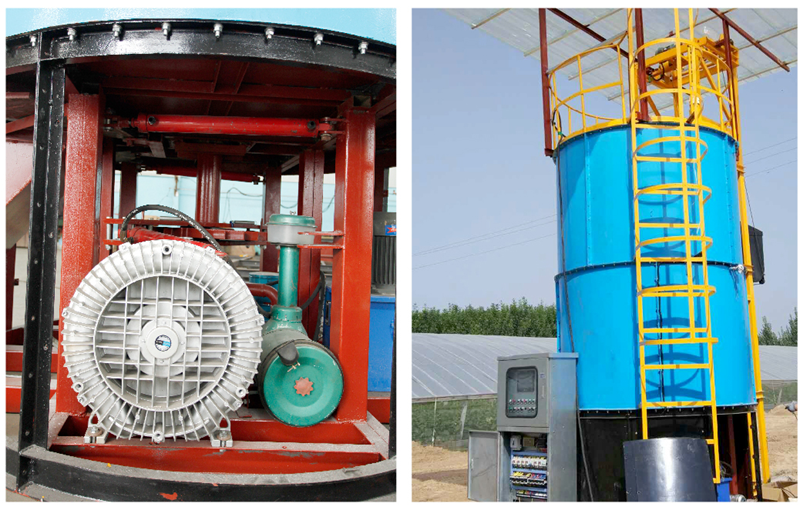

 Catalogue
Catalogue
































 Whatsapp
Whatsapp Телефон
Телефон